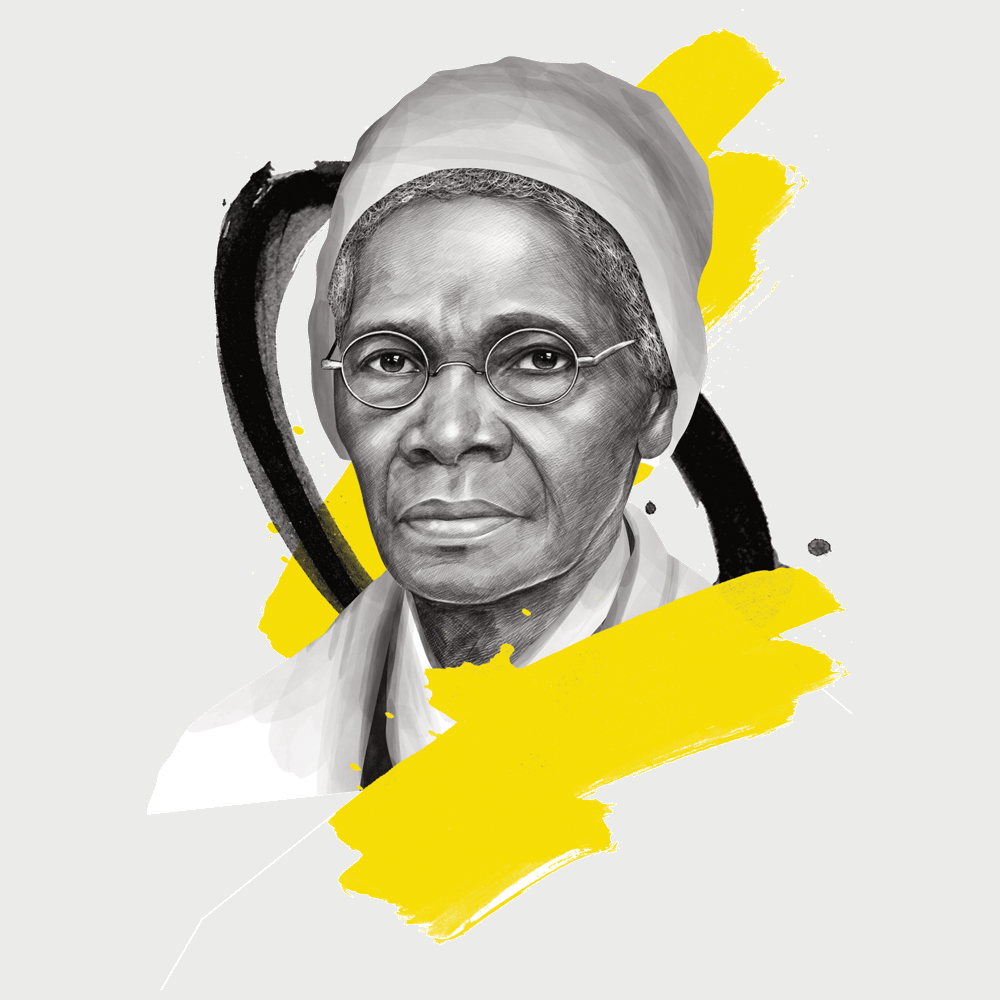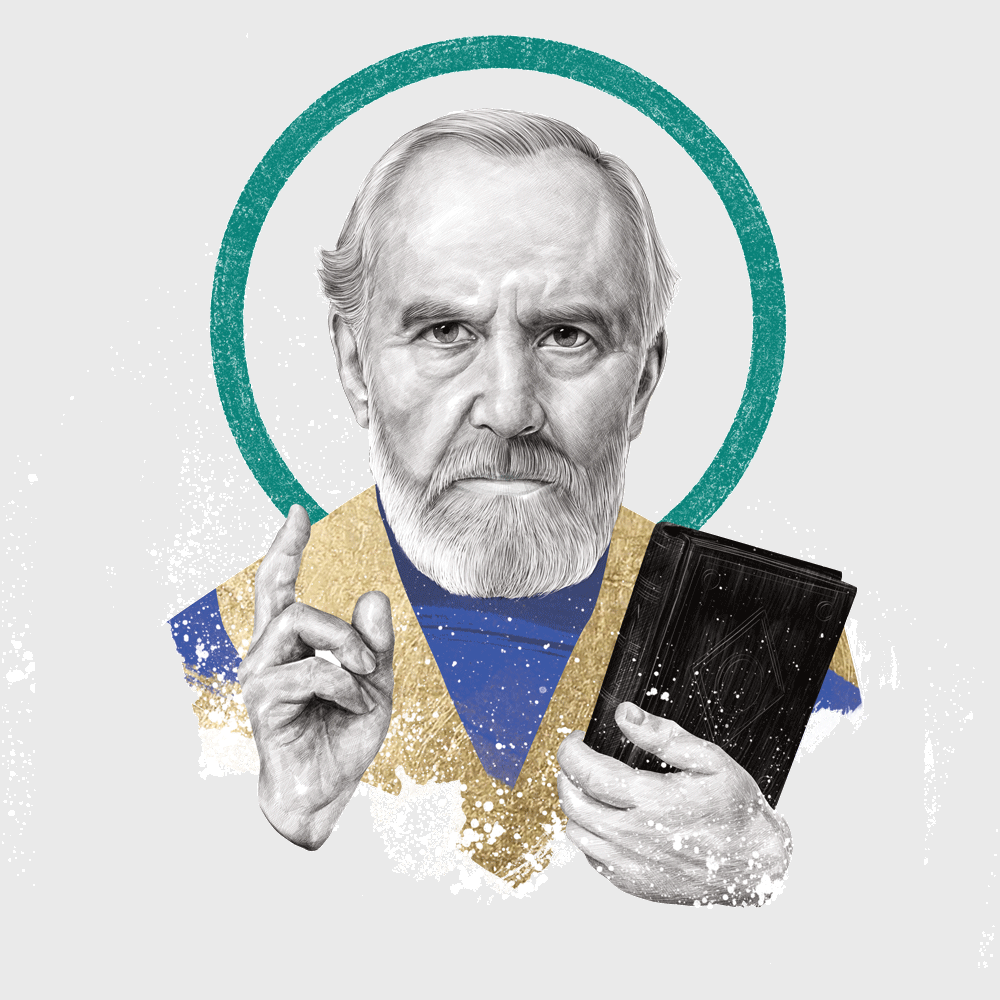Charles Ives
"Charles Ives is celebrated as a pioneer who bridged the gap between 19th century romanticism and 20th century modernism."
I lived in Danbury, CT in the 1970s, a century after Charles Ives was born in 1874. I recall annual events commemorating Charles’s life, yet at the time, I was unaware of the magnitude of his fame or his enduring commitment to The Salvation Army.
Born in Danbury, CT, Charles Ives became an American composer whose innovative approach to music composition established him as a trailblazer in the development of modern American classical music. Charles was an optimist and idealist who used music to unify the American culture of his day. He composed music that struck at the heartstrings of commonly shared experiences. He created music based on down-home material that the masses could hum and whistle, if not sing: old gospel songs, patriotic tunes and sentimental songs.
Charles was influenced by his father, George Ives, a music teacher who served as a military bandmaster during the Civil War. Known for his willingness to experiment with music scores, George introduced Charles in his preteen years to a wide array of musical styles and encouraged him to explore the boundaries of traditional music theory.
Charles and his parents became early supporters of the newly arrived Salvation Army. On November 15, 1885, two men and two women pioneered the new corps (church) opening in Danbury.
By April 1886, the corps raised funds for a full brass band. George volunteered as the first band instructor. When it came to music, young Charles was always by his father’s side. It is likely that 12-year-old Charles played his father’s cornet in the first Danbury Corps Band. By February 1887, the corps had 50 soldiers and a full brass band.
In 1888, 14-year-old Charles became organist of the Danbury Baptist Church located near the place The Salvation Army later rented. Charles admired and supported The Salvation Army. Charles later subtitled his String Quartet No. 1 as “From The Salvation Army.” In 1913, he composed a modern, dissonate, piano and voice accompaniment to Vachel Lindsay’s poem, “General William Booth Enters into Heaven.”
Charles attended Yale University, where he studied under a composer, Horatio Parker. After graduation, he worked for an insurance company. This career afforded him financial stability while giving him time to compose. He eventually founded an insurance agency, Ives and Myrick.
Although Charles composed prolifically during his life, it was only in the mid-20th century that musicians began to recognize his contributions. Today, Charles Ives is celebrated as a pioneer who bridged the gap between 19th century romanticism and 20th century modernism.
So What?
Which God-given gifts bring you joy? Are you sharing those gifts while giving God glory?
Illustration by Paul Ryding



